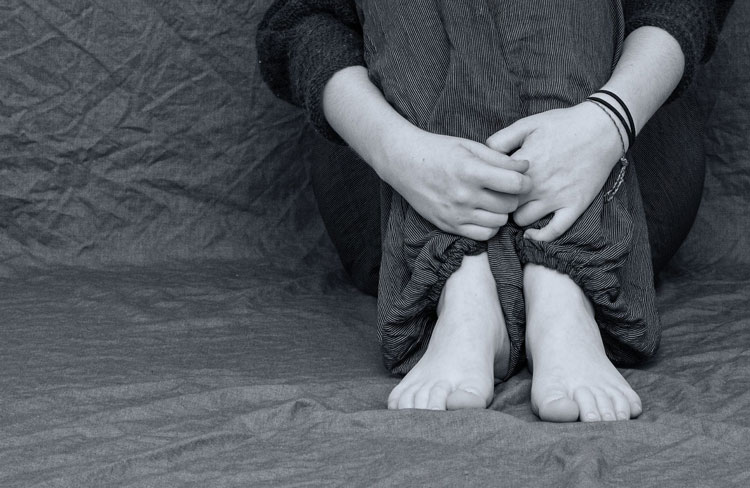
Transform Fear into Ease: Cognitive Behavioral Therapy for Phobias
Living with phobias of any kind can be debilitating. Fortunately, there’s help. Phobic episodes create panic in your mind and can sometimes lead to other compounding health issues. However, there is a difference between the word fear and phobia.
- Fear is a rational and emotional response to a real or perceived threat.
- A phobia is a fear as well as a possible avoidance of an object, activity, or situation that is not a real perceived threat.
Causes of Phobias
The exact cause of phobias is unclear, but they could arise from traumatic situations that occurred in the past. These situations could include being bitten by a dog, or by acquiring exaggerated or false information such as all dogs bite.
Regardless of the cause, cognitive behavioral therapy for phobias is an extremely beneficial form of treatment. This type of therapy does not focus on the past; it zeros in on the current situation to find a logical solution.
Types of Phobia Disorders
According to the Diagnostic and Statistical Manual, there are three types of phobia disorders.
- Simple Phobias – These phobias, which are considered to be the least severe include fear of specific objects or animals such as snakes, or being in particular situations such as small spaces.
- Social Phobias – These phobias include fear of being watched or judged by others which can lead to avoidance of being in public or around other people.
- Agoraphobia – This phobia is the most severe type that causes a person to feel as if they are not able to escape a situation, which will often lead to panic attacks.
Symptoms of Specific Phobias
Specific phobias cause an overwhelming fear of objects or situations that do not pose any real danger, yet causes extreme anxiety and avoidance to occur. Unlike brief anxiety that is caused by things such as taking an exam, specific phobias will create intense longer-lasting physical and psychological reactions which can include:
- Rapid heart rate
- Sweating
- Dizziness and confusion
- Feeling as if you are out of control or trapped
Differences Between Common Anxiety and Phobias
Common anxiety versus phobias may include:
- Feeling anxious around your friend’s german shepherd versus avoiding your friend’s house entirely for fear of their dog.
- Feeling queasy while climbing a tall ladder versus not attending an office Christmas party because it is on the 25th floor of a hotel.
- Worrying about taking off in an airplane during a thunderstorm versus refusing to go on an all-expense-paid trip to the Bahamas because it involves air travel.
Treatment for Specific Phobias
The most effective treatment for specific phobias is cognitive behavioral therapy which teaches techniques to help cope with objects or situations that cause the specific phobia to occur. Utilizing this form of exposure therapy, you will learn other possible beliefs about the fear as well as the physical and psychological reactions that occur.
Cognitive-behavioral therapy may also include a gradual exposing of the object or situation to help manage the anxiety that arises. For example, if you have a fear of driving on the freeway, initially, you may be asked to look at pictures of cars on the highway. You may then move on to sitting in a vehicle nearby and ultimately driving on the freeway. The first actual drive on it may only entail traveling to the first off-ramp, then exiting, but the next time will be the second off-ramp, etc.
Cognitive-behavioral therapy for phobias allows you to manage your fears by changing the way you think. The basis for this form of therapy is that thoughts, feelings, beliefs, and behaviors are interconnected with the thought being the core. If you change your thoughts, you change the way you feel and behave, resulting in a new belief. This new belief sheds a positive light on what appeared to be a negative situation.
Finding Help for Specific Phobias
At Miami Hypnosis & Therapy, we provide a safe and comfortable environment with highly trained professional therapists. We will incorporate a unique treatment plan because each person is different in their wants and needs.
We have a vast array of therapies, including cognitive-behavioral therapy for phobias. We also offer neuro-linguistic programming and hypnotherapy, which can all be utilized and integrated into your sessions for optimal results.
Don’t let your phobias dictate your life. Take the first step and make your appointment today to get help with your phobias and to start living in peace instead of panic.






Write a Comment